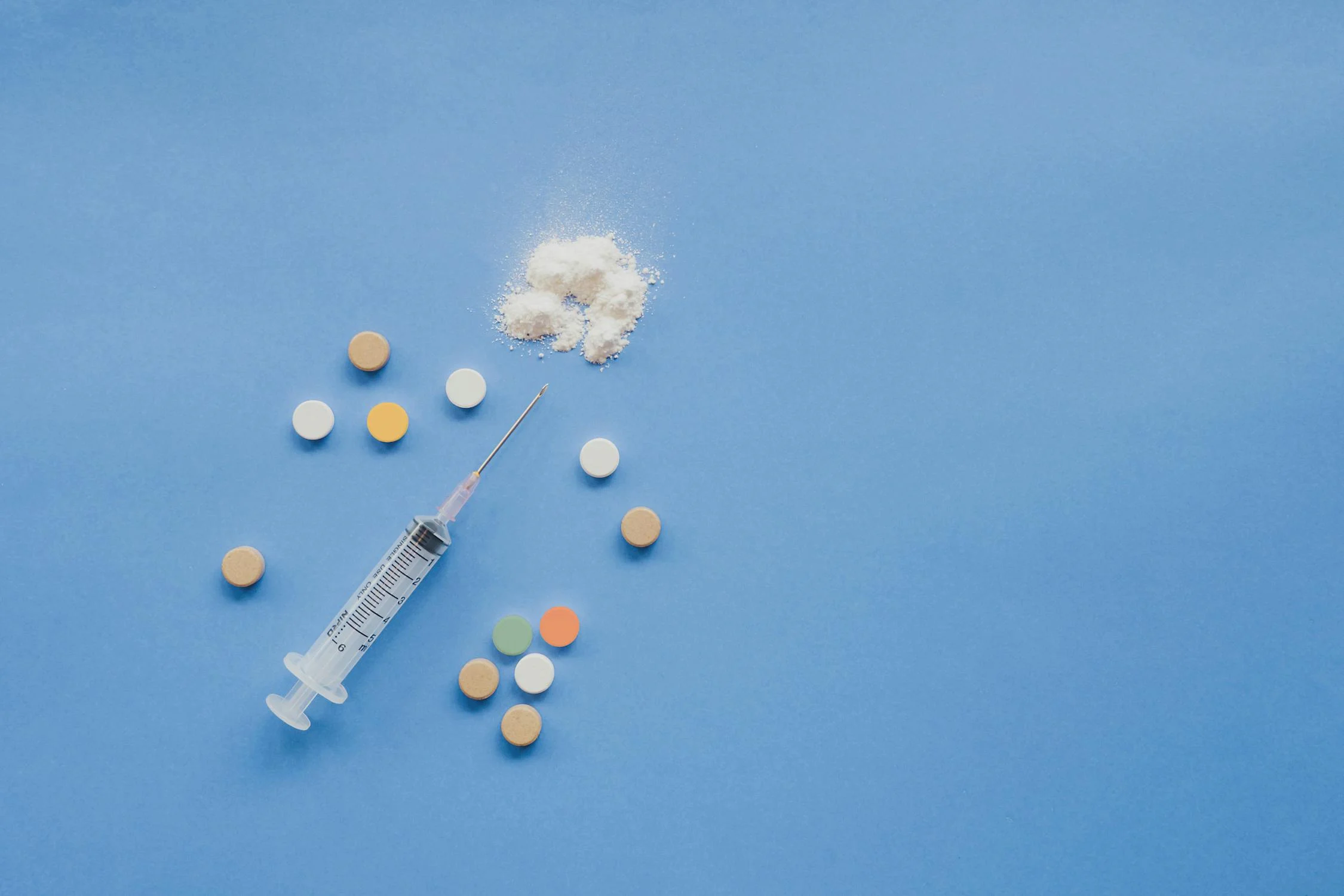Addiction, addiction-treatment, Complementary Medicine, Mindfulness / 28.10.2024
Can Wellness Practices Improve Outcomes in Addiction Recovery?
Addiction recovery is a journey filled with challenges, requiring not only determination but also holistic approaches that nurture the mind, body, and spirit. But can wellness practices really improve outcomes in addiction recovery? Research increasingly points to the medical benefits of wellness-based addiction treatment, showing how integrated wellness techniques can enhance recovery success rates. In this article, we will explore how wellness practices such as mindfulness, nutrition, fitness, and alternative therapies can make a significant difference in the recovery process.
We will also outline practical ways to incorporate wellness into addiction treatment for sustainable results.












 Most news stories tend to focus on how drugs and the opioid epidemic are impacting people in their teens and early adulthood. However, I can tell you from personal experience, that there are a lot of older adults who are also abusing drugs alcohol at record rates. This is borne out at our family’s drug treatment program which I founded and run in San Diego, California.
You may be surprised to hear that the rates of opioid overdose in the U.S. have increased the most among people ages 65 and up (from 2021 to 2022) and that older adults have seen the greatest increase in cannabis use in Canada. One thing you also may not realize is that older adults have the highest recovery rates of all age groups.
Most news stories tend to focus on how drugs and the opioid epidemic are impacting people in their teens and early adulthood. However, I can tell you from personal experience, that there are a lot of older adults who are also abusing drugs alcohol at record rates. This is borne out at our family’s drug treatment program which I founded and run in San Diego, California.
You may be surprised to hear that the rates of opioid overdose in the U.S. have increased the most among people ages 65 and up (from 2021 to 2022) and that older adults have seen the greatest increase in cannabis use in Canada. One thing you also may not realize is that older adults have the highest recovery rates of all age groups.











 Your mind will be key in overcoming your addiction. Its past workings lead you to substance use and its current state will lead you out of it. If you want to change your life, you should start with your thoughts. What thoughts occupy your brain? Are they endearing or damaging? Do they lift you up or rattle you? It’s time to be fully transparent and evaluate what has been going on inside your head. It’s time to be honest. If you want to fully heal, you should endeavor to explore
Your mind will be key in overcoming your addiction. Its past workings lead you to substance use and its current state will lead you out of it. If you want to change your life, you should start with your thoughts. What thoughts occupy your brain? Are they endearing or damaging? Do they lift you up or rattle you? It’s time to be fully transparent and evaluate what has been going on inside your head. It’s time to be honest. If you want to fully heal, you should endeavor to explore 





 Exercise triggers the release of endorphins, chemicals in the brain that act as natural painkillers and mood lifters. This biochemical shift is crucial for
Exercise triggers the release of endorphins, chemicals in the brain that act as natural painkillers and mood lifters. This biochemical shift is crucial for 

